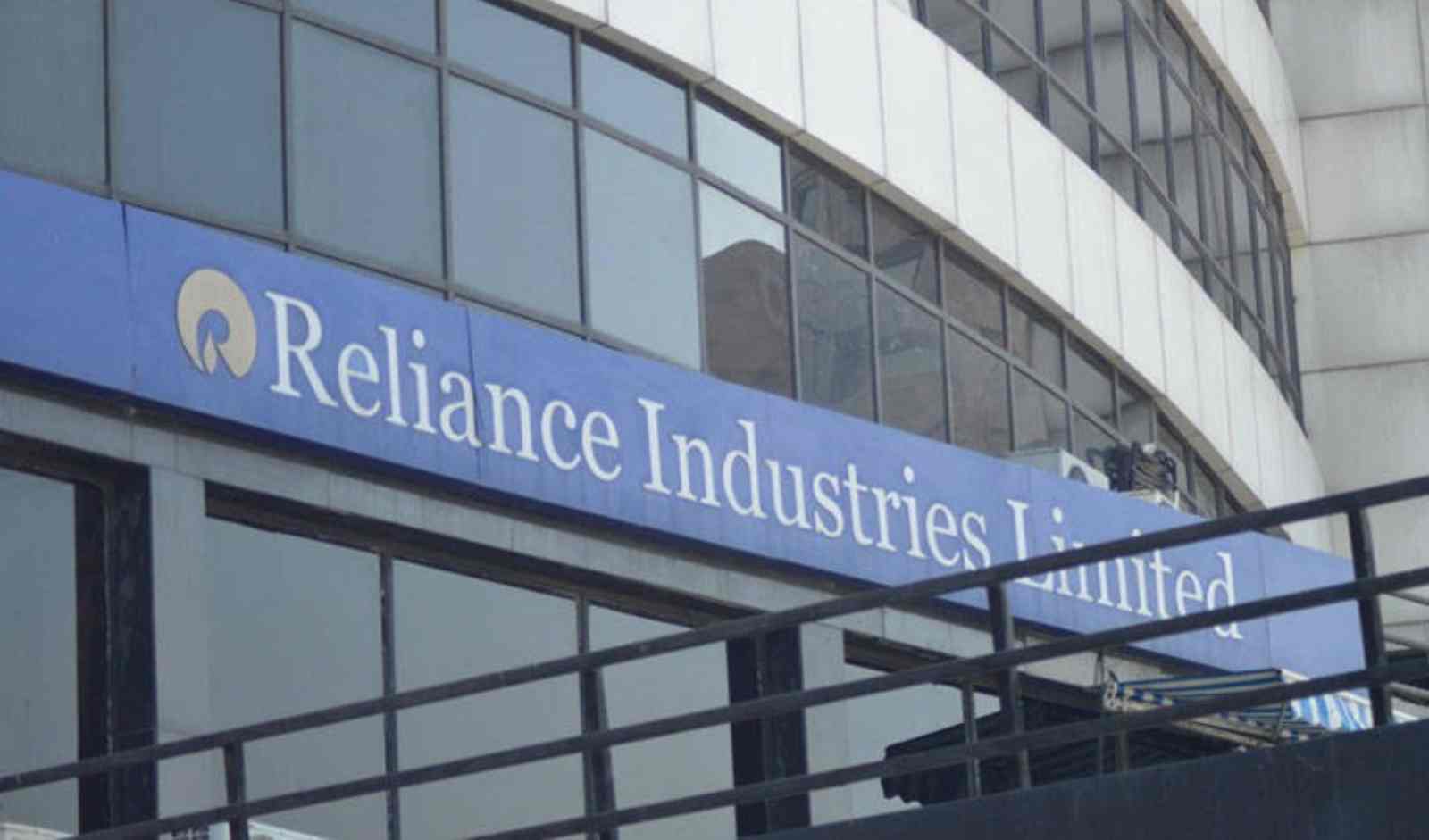
Court allows Reliance to build pipeline in ‘protected coastal zone’
05:41 AM, Thursday,03 July 2025
The Bombay High Court has permitted Reliance Industries to proceed with a pipeline project through coastal regulatory zones. The project was deemed a public utility and cleared after scrutiny of environmental approvals, the court said
Bombay High Court has allowed Reliance Industries Limited to proceed with laying its proposed ethylene dichloride and effluent pipelines through Coastal Regulation Zone-IA (CRZ-IA) in Maharashtra, subject to strict compliance with environmental conditions and court-mandated safeguards.
A Division Bench of Chief Justice Alok Aradhe and Justice Sandeep V. Marne passed the judgement on July 1, 2025, while disposing of three writ petitions filed by Reliance seeking permission to execute its proposed ethylene dichloride pipeline project. A detailed order of the judgement was made available on July 2.
In its petition, Reliance said that it is a public limited company incorporated under the provisions of the Companies Act, 1956, and is engaged in the business of exploration of petroleum products. “The petitioner is in the process of setting up poly vinyl chloride manufacturing unit at their existing petrochemical plant at village Nagothane, taluka – Roha, district – Raigad in the State of Maharashtra.”
On January 18, 2019, the Ministry of Environment, Forest, and Climate Change (MoEF) issued a gazette notification for controlling and regulating the activities within the Coastal Regulation Zone by superseding the previous CRZ notification, which was issued on January 6, 2011. In August 2024, the petitioner conducted an environmental impact assessment through an environmental consultant accredited to the National Accreditation Board of Education & Training (NABET) and submitted a final report in August 2024.
Reliance submitted an application seeking permission from the Maharashtra Coastal Zone Management Authority (MCZMA). On January 3, 2025, MCZMA sent its recommendations to the Ministry of Environment, Forests & Climate Change (MoEF & CC), New Delhi, for clearance. The MoEF & CC, on February 12, 2025, granted CRZ clearance to the project. On April 11, 2025, a consent was granted by the Mangrove Cell, following which, on March 18, 2025, the petitioner submitted an application for forest clearance to the Deputy Conservator of Forests, Alibag. The Divisional Forest Officer then forwarded the proposal to the MoEF & CC, following which, on May 20, 2025, the MoEF & CC granted in-principal approval under Section 2 (1) of the Forest (Conservation) Act, 1980. After that, the Maharashtra Pollution Control Board accorded permission on May 20, 2025, to the project.
Public utility project
The judges observed, “The project in question is a public utility project. All the authorities, i.e., MoEF and MCZMA, have granted permissions to the project of the petitioner. It is also pertinent to note that the project of the petitioner does not involve cutting down any mangroves. It is seen that the MCZMA has recommended the project for grant of CRZ clearance by the MoEF, which in turn granted the CRZ clearance.”
The court rejected objections raised by the Bombay Environmental Action Group (BEAG), which argued that such an activity was prohibited under the 2019 CRZ notification and lacked necessary forest and tree felling permissions. The bench held that Clause 5 of the 2019 notification permits laying pipelines for public utilities in CRZ-IA using trenchless horizontal directional drilling methods, as planned by Reliance.
On the issue of felling of trees and forest clearance, the court found that the necessary approvals had been obtained, and the trees in question were not mangroves. Disposing of the petitions, the court directed Reliance to file an undertaking within two weeks ensuring full compliance with the terms and conditions attached to the statutory clearances.
The judgment also reaffirmed the court’s earlier ruling in 2006, which had mandated that any development in CRZ areas must be vetted by the court to safeguard ecologically sensitive zones.